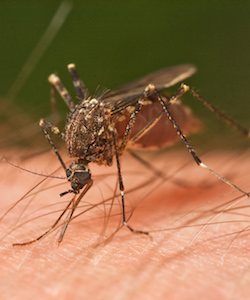Response: The Zika Virus and the Eugenic Impulse

Charles Camosy
October 30, 2016
October 30, 2016
This week Berkley Forum explores the faith dimensions of the Zika outbreak. How have local faith communities reacted to the health crisis? How might government and health agencies work through religious networks to spread information about Zika and encourage prevention tactics? What lessons about the role of religion and religious actors in crisis situations could be learned and applied from other epidemics, like the 2014 Ebola outbreak in West Africa?
Response: The Zika Virus and the Eugenic Impulse

Charles Camosy
October 30, 2016
Response: Zika and Faith-based Organizations: Realizing Health Human Rights

Alexandra Phelan
Lawrence O. Gostin
October 19, 2016
Response: From Ebola to Zika: How Religious Actors Can Support Prevention Efforts in Public Health Emergencies

Rebecca B. Reingold
October 11, 2016